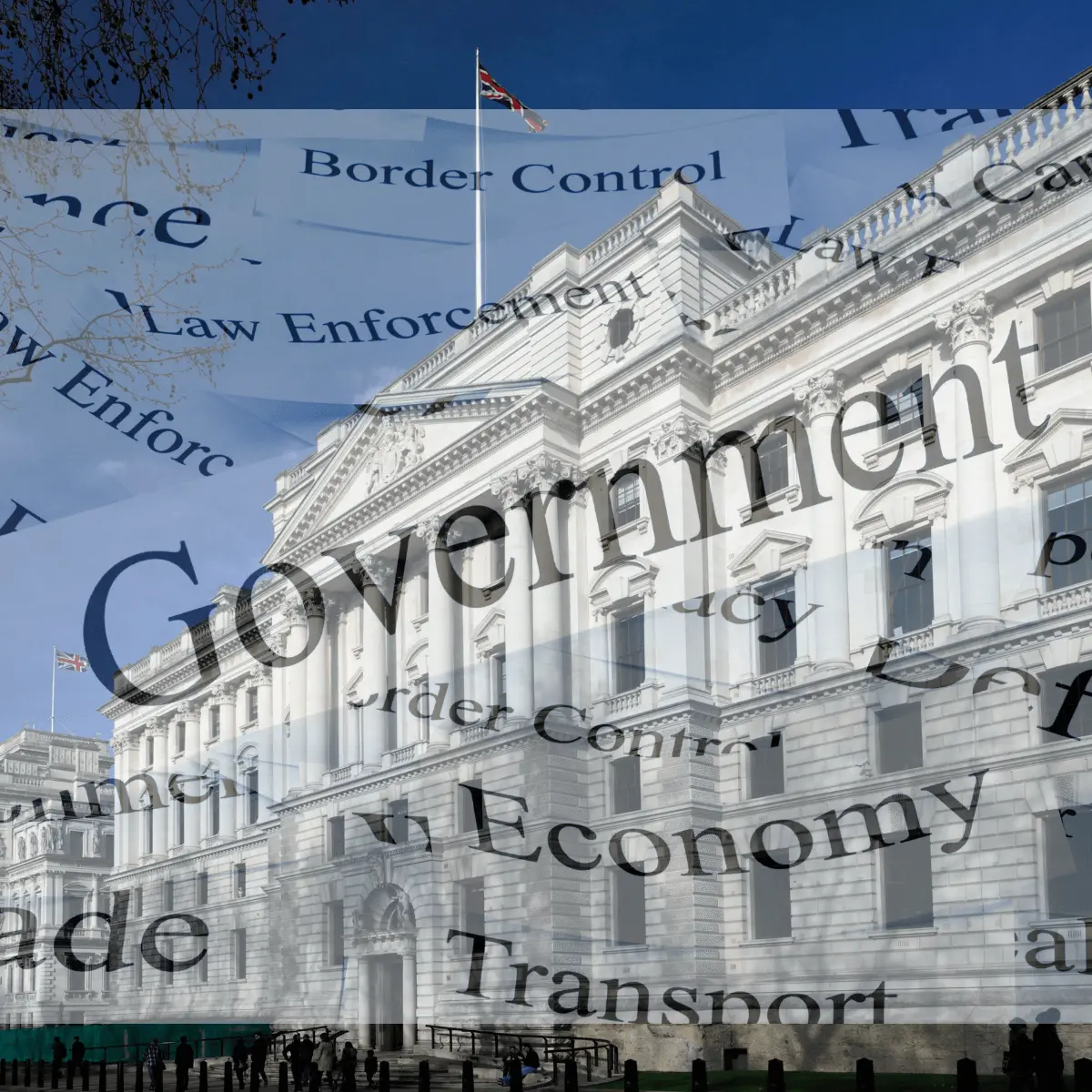As the coronavirus pandemic continues to spread across the globe and more and more countries go into lockdown, it’s clear that this is an economic shock like no other. High street shops, restaurants and pubs face a challenging few months, but the impact of the crisis may be more extensive than anyone could have predicted.
While the government’s support package will help, if the lockdown measures continue indefinitely we expect to see an increase in business failure. Even those that do get by will be cutting costs wherever they can, and this will lead to further issues for companies providing services to those directly affected.
Here we take a closer look at five industries that are already struggling and could be exposed further by the pandemic.
IT Services
At the end of 2019, there were already over 16,000 businesses offering IT consultancy and software development support services in significant distress, a number that has been steadily rising for the past year.
The upheaval caused by the pandemic is bad news for those delivering IT services. While IT becomes more critical than ever for many firms who are moving to a work-from-home model, any planned upgrades or large projects are likely to be postponed or cancelled during this period. This will especially be the case for those providing services to particularly hard-hit industries such as travel, hospitality and non-food retail.
Relationship building and business development will be more difficult at a distance; firms will be cutting costs and managing tasks in-house. They will be reluctant to take on new projects without any ability to supervise progress in person.
Advertising, PR and Communications
Another area of professional services likely to struggle is media services, particularly advertising, public relations and communications. At the end of last year, already over 3,000 of these firms were in significant distress with a sharp annual increase of 6% for PR and communications activities.
There are two main ways this sector is going to struggle. Firstly, many of their clients will be closed or go bankrupt over the coming months (again, especially in retail, hospitality and travel). Secondly, those that are still trading will be scaling back operations and are unlikely to be spending significant sums on large advertising campaigns.
We’re already starting to see the impact on businesses. Publicis, one of the world’s largest advertising and communications firms, has announced that it will be “rigorously managing operating costs, including the postponement of some expenses, in order to get through the current situation”. This is likely to be the tip of the iceberg with many more similar announcements to follow, as smaller firms with weaker balance sheets start to struggle to deal with declining revenues.
Architectural Services, Quantity Surveying and Engineering
Architectural, surveying, and engineering services will see a fallout as a consequence of a decline in construction, another industry that has shown signs of financial distress in the past 12 months.
Due to unprecedented levels of uncertainty and an impending recession, construction – both domestic and commercial – is likely to grind to a virtual halt over the next few months. And while public infrastructure projects could have made up the shortfall in normal times, government attention (and money) will be focused squarely on tackling the health and economic impacts of the pandemic.
Travis Perkins, the UK’s largest builders’ merchant, has already cancelled its dividend for this year and suspended its demerging of Wickes in preparation for the upcoming fall in demand. We can expect similar difficulties for architects, surveyors and engineers, as the upstream impact of the contraction of the construction sector is felt more widely.
Childcare and Nurseries
Childcare and pre-school services have high staffing requirements and already operate on wafer-thin margins. In the last quarter of 2019 there was a 4% increase in the number of childcare providers in significant financial distress, with over 2,000 firms across childcare and pre-school educations in distress.
Nurseries and childcare services have been ordered to close. This closure could last until the summer, which may mean that nurseries cannot reopen until September. This will wipe out half a year of revenues for these businesses overnight.
While the children of key workers can continue to go to school and childcare, they are required to provide a letter from their employer confirming this status. Nurseries say that this won’t even begin to cover their costs, with one nursery in Somerset saying that if the partial closure ran beyond September it would have a “devastating” effect. Compounding this is the fact that as nurseries have not been shut down altogether, insurance companies will not pay out for forced closure.
Management Consultancies
While traditionally seen as a lucrative industry, the number of management consultancies in significant distress stood at nearly 18,000 at the end of 2019.
The impact of coronavirus will be significant for the sector. Businesses will focus on tackling the immediate fallout of the pandemic, such as shop closures. Existing projects will take longer to complete, delaying final payments and using up capacity within consulting firms.
On top of this, many projects will be seen as an expensive luxury. Businesses will try to tackle things in-house to save cash, meaning that the pipeline is likely to dry up. As with IT services, relationship building, business development and new projects will be hard to complete remotely. All of this combined could be a sharp shock to the finances of management consultants.
The impact will be felt keenly by those who have specialised in industries suffering the most: retail, hospitality and travel. Even some public sector consultancy, which generally adds capacity to government or healthcare, will find it difficult as government focus will be elsewhere. However, there will be some winners that specialise in distressed situations.
How to Protect Yourself
In these unprecedented times, many of our customers ask how they can protect their businesses from bad debt. We recommend a two-step approach.
First, make sure you’re clear on who is funding your work. This is often a business or an organisation two or more steps removed from you in the supply chain. As we’ve just shown, while you may not be directly impacted, your ultimate client may be in the firing line. Additionally, it pays to understand if your customer is a subsidiary of a larger organisation that may provide financial support in a crisis.
Second, once you’re clear on which companies in the supply chain are critical to you being paid, you can set up monitoring. At Red Flag Alert we provide health ratings for 6.5 million UK businesses, which gives the best possible indication of whether a company is financially healthy.
These ratings consider 100+ data points and real-time information (including the latest government action on the evolving COVID-19 pandemic). The ratings are accurate at identifying businesses that have the financial strength to ride out the storm and those on course for failure. This early warning system gives companies the insight to take decisive action. It could be an informal conversation with a client, reducing credit terms, or something more formal like retention of title.
To see how Red Flag Alert can help protect your company at this uncertain time, book a demo with our team.




